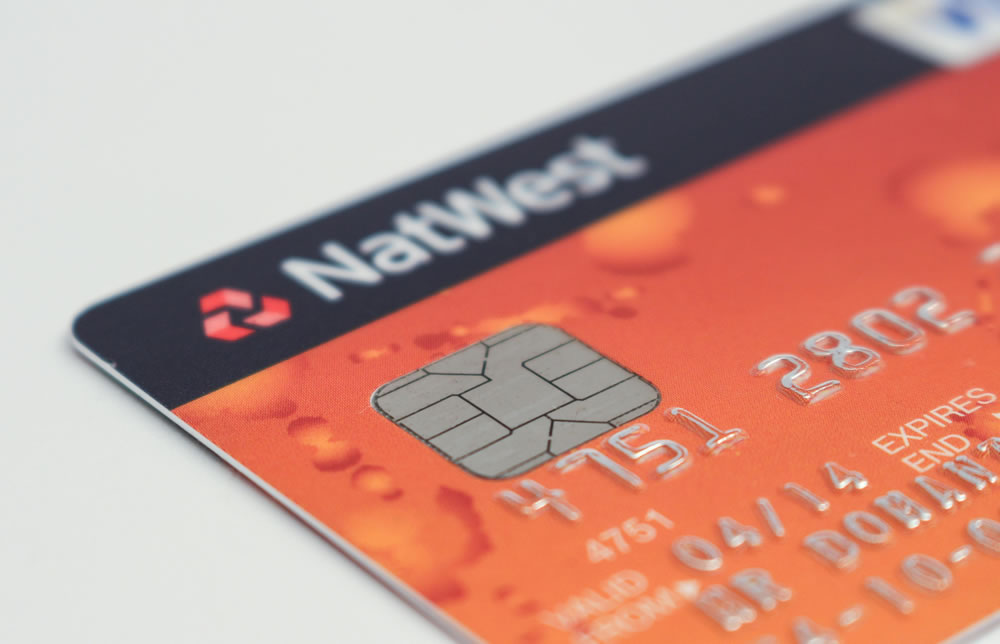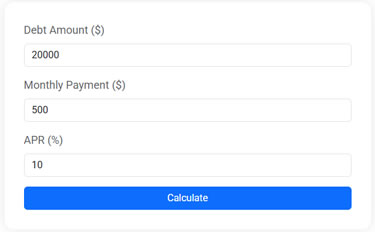Breaking Down the Basics of Debt Management

Managing debt effectively involves understanding your financial obligations, creating a realistic budget, and prioritizing debt repayment using methods like the debt snowball or avalanche. Debt consolidation can simplify payments, while professional advice can offer personalized strategies and negotiation support. By breaking the process into manageable steps, you can take control of your financial future and reduce the stress associated with debt.
Debt can feel like an unwelcome guest that overstays its welcome, lingering in the background of your financial life. But just like cleaning out a cluttered closet, managing debt effectively can bring clarity, control, and peace of mind. Whether you're dealing with student loans, credit card balances, or a mortgage, understanding the basics of debt management is crucial to taking charge of your financial future.
Debt isn’t inherently bad—after all, many people leverage it to buy homes, finance education, or start businesses. The problem arises when debt becomes unmanageable, leading to stress and financial strain. The good news is that by breaking the process into manageable steps, you can regain control. Let’s walk through some key strategies and insights to help you manage your debt effectively and reduce the stress it brings.
Understanding Your Financial Obligations
Before you can tackle your debt, it's critical to understand exactly what you owe. Start by listing all your debts, including the creditor, total amount owed, interest rate, and minimum monthly payment. This might feel overwhelming, but having a clear picture is essential for creating an effective plan. Think of it as taking inventory before planning a big move; you need to know what you're dealing with.
For example, you might discover that your highest-interest debt is a credit card with a 20% interest rate, while your student loans carry a more manageable 5%. Knowing this can help you prioritize which debts to tackle first. Financial advisor Jane Smith often reminds her clients, "You can't manage what you don't measure," emphasizing the importance of this first step.
Creating a Realistic Budget
Once you have a comprehensive list of your debts, the next step is to create a budget that accommodates debt repayment. A budget doesn’t have to be restrictive; think of it as a tool that empowers you to direct your money where it matters most. Start by calculating your monthly income and subtracting essential expenses like housing, utilities, groceries, and transportation.
Next, determine how much you can allocate toward debt repayment. It might require some sacrifices, such as dining out less frequently or postponing a vacation. However, the goal is to find a balance that allows you to make progress on your debt while still enjoying life. According to a recent survey by CNBC, individuals who stick to a budget report feeling more in control and less stressed about their finances.
Debt Payoff Calculator
Plan your financial future by estimating how long it will take to pay off your debt based on your balance, annual percentage rate (APR), and monthly payment. After entering your figures, the calculator determines the number of months needed to fully repay the debt and calculates the total interest paid over time.
Prioritizing Debt Repayment
With your budget in hand, it’s time to decide how to tackle your debts. Two popular methods are the debt snowball and debt avalanche. The debt snowball method involves paying off the smallest debts first to build momentum and motivation. It’s a psychological win that can keep you motivated as you see debts disappear from your list.
On the other hand, the debt avalanche method focuses on paying off the highest-interest debts first, saving you money on interest over time. While it might take longer to see a balance hit zero, it’s often the most cost-effective approach. Personal finance expert Dave Ramsey champions the debt snowball method, saying, "It's about behavior modification, not math." Ultimately, the best choice depends on your personal priorities and what keeps you motivated.
Exploring Debt Consolidation
If juggling multiple payments feels overwhelming, you might consider debt consolidation. This strategy involves combining several debts into a single loan with a potentially lower interest rate. It simplifies the repayment process and can reduce the amount you pay in interest. This can be achieved through a personal loan, a balance transfer credit card, or a home equity loan.
However, debt consolidation isn't a magic fix. It requires discipline to avoid racking up new debt. As financial advisor Laura Adams warns, "Consolidation can provide relief, but only if you don't let it become a green light to spend more." Ensure you understand the terms and fees associated with any consolidation option before proceeding.
Seeking Professional Advice
Sometimes, managing debt on your own can feel like navigating a maze without a map. That's where professional advice can be invaluable. Credit counseling agencies offer guidance and can help you create a personalized debt management plan. These agencies can also negotiate with creditors on your behalf to reduce interest rates or waive fees.
It’s important to choose a reputable credit counseling service, as there are many scams out there. Look for agencies accredited by the National Foundation for Credit Counseling (NFCC) or the Financial Counseling Association of America (FCAA). According to the Consumer Financial Protection Bureau, working with a certified counselor can provide tailored strategies and support, making the journey to becoming debt-free less daunting.
Breaking the Process Into Manageable Steps
Managing debt is not a sprint; it's a marathon that requires patience and perseverance. Break down your debt repayment plan into small, achievable steps, celebrating milestones along the way. For instance, every time you pay off a credit card or bring a loan balance below a certain threshold, take a moment to acknowledge your progress.
By focusing on these incremental steps, you can maintain motivation and avoid feeling overwhelmed. Remember, the journey to financial freedom is personal and unique to you. What works for someone else might not be the perfect fit for you, and that’s okay. As you navigate this path, stay flexible and adjust your strategies as your financial situation evolves.
In the end, managing debt effectively is about taking control and making informed decisions. It’s about creating a plan that aligns with your goals and lifestyle, reducing stress, and paving the way for a more secure financial future. By understanding your obligations, budgeting wisely, choosing the right repayment strategy, and seeking help when needed, you can transform your financial outlook and banish that unwelcome guest for good.








